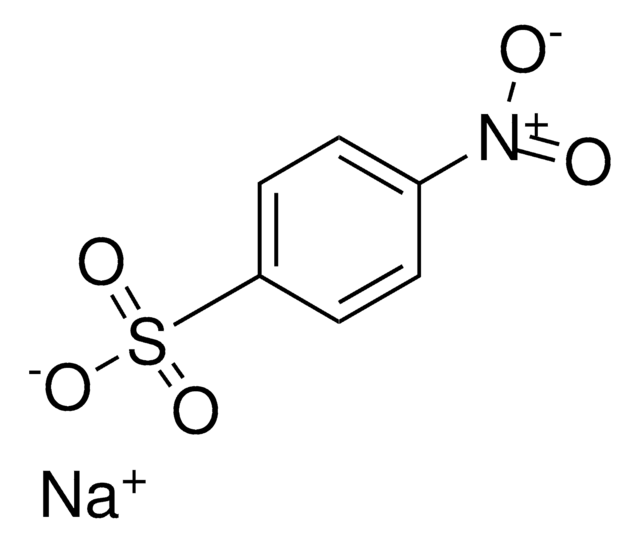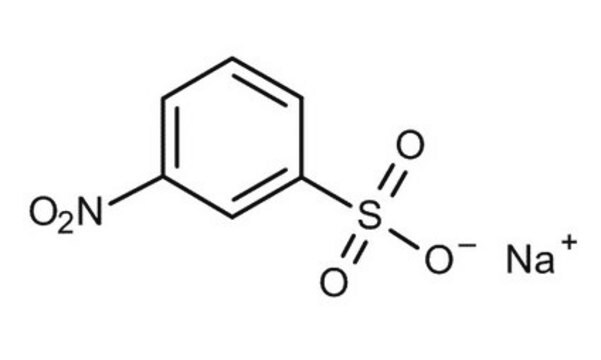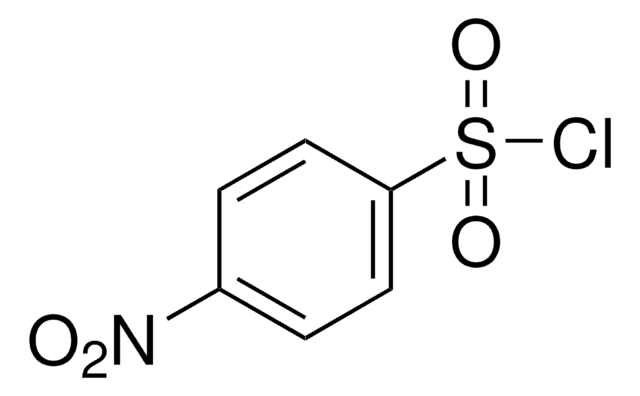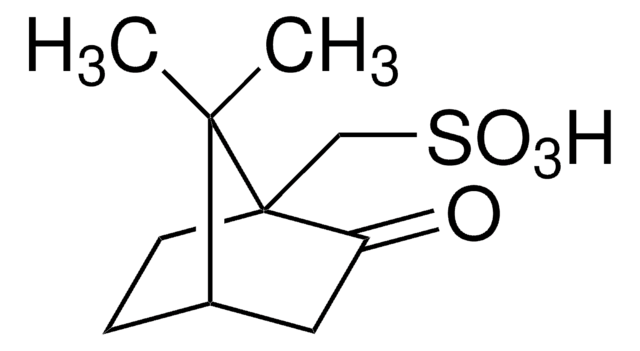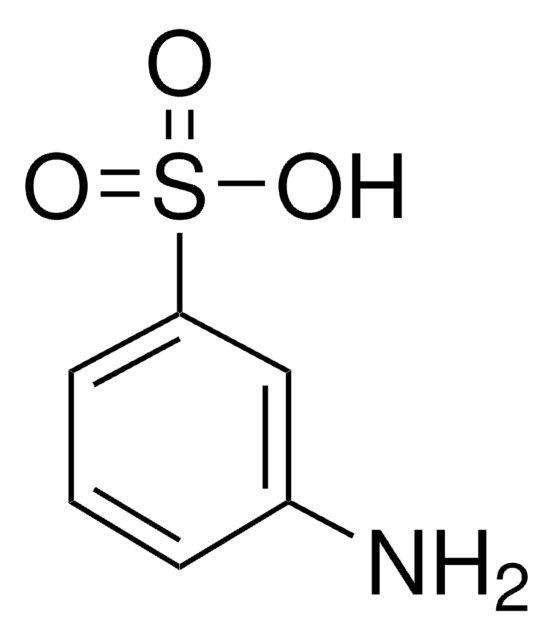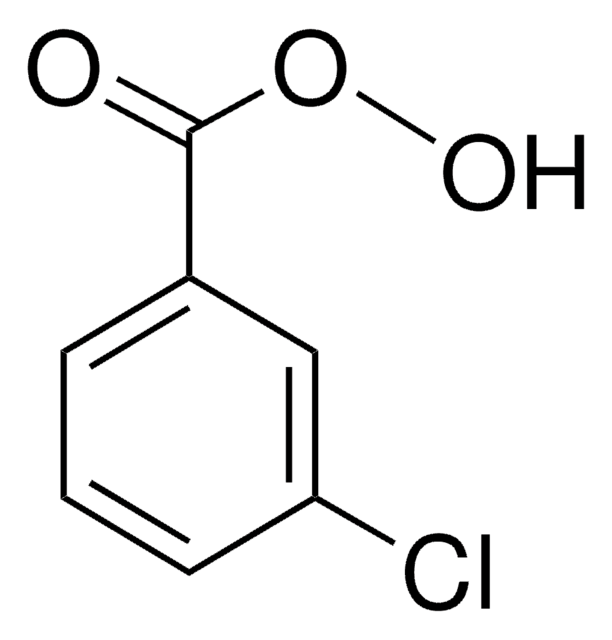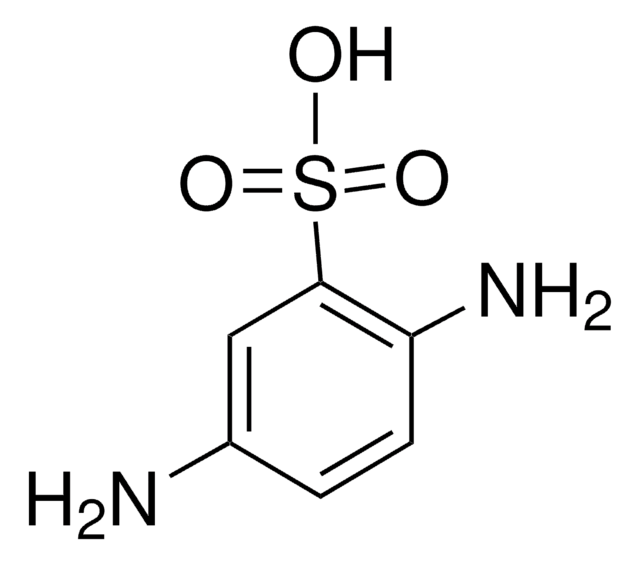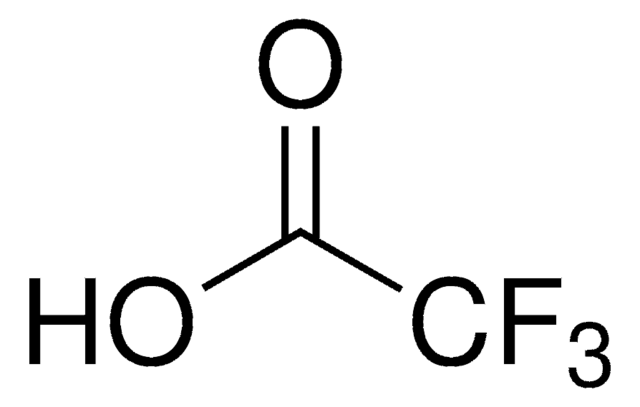225193
Sodium 3-nitrobenzenesulfonate
98%
Synonym(s):
3-Nitrobenzenesulfonic acid sodium salt
About This Item
Recommended Products
Quality Level
Assay
98%
solubility
water: 50 mg/mL, clear to slightly hazy, faintly yellow to yellow
functional group
nitro
sulfonic acid
SMILES string
[Na+].[O-][N+](=O)c1cccc(c1)S([O-])(=O)=O
InChI
1S/C6H5NO5S.Na/c8-7(9)5-2-1-3-6(4-5)13(10,11)12;/h1-4H,(H,10,11,12);/q;+1/p-1
InChI key
LJRGBERXYNQPJI-UHFFFAOYSA-M
Looking for similar products? Visit Product Comparison Guide
Related Categories
Application
Signal Word
Warning
Hazard Statements
Precautionary Statements
Hazard Classifications
Eye Irrit. 2 - Skin Sens. 1
Storage Class Code
11 - Combustible Solids
WGK
WGK 1
Flash Point(F)
212.0 °F - closed cup
Flash Point(C)
100 °C - closed cup
Personal Protective Equipment
Choose from one of the most recent versions:
Already Own This Product?
Find documentation for the products that you have recently purchased in the Document Library.
Customers Also Viewed
Our team of scientists has experience in all areas of research including Life Science, Material Science, Chemical Synthesis, Chromatography, Analytical and many others.
Contact Technical Service